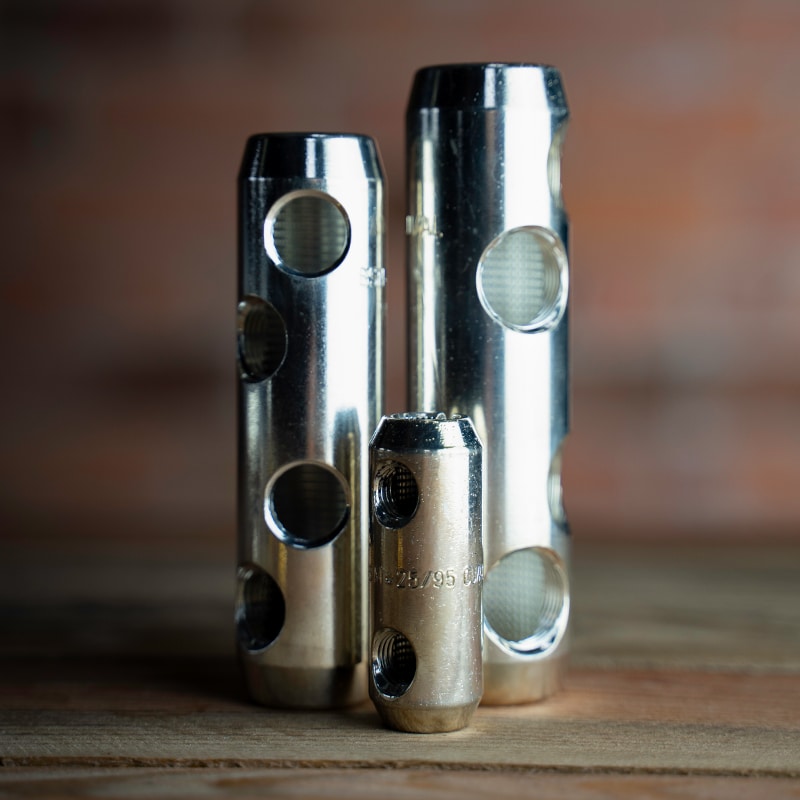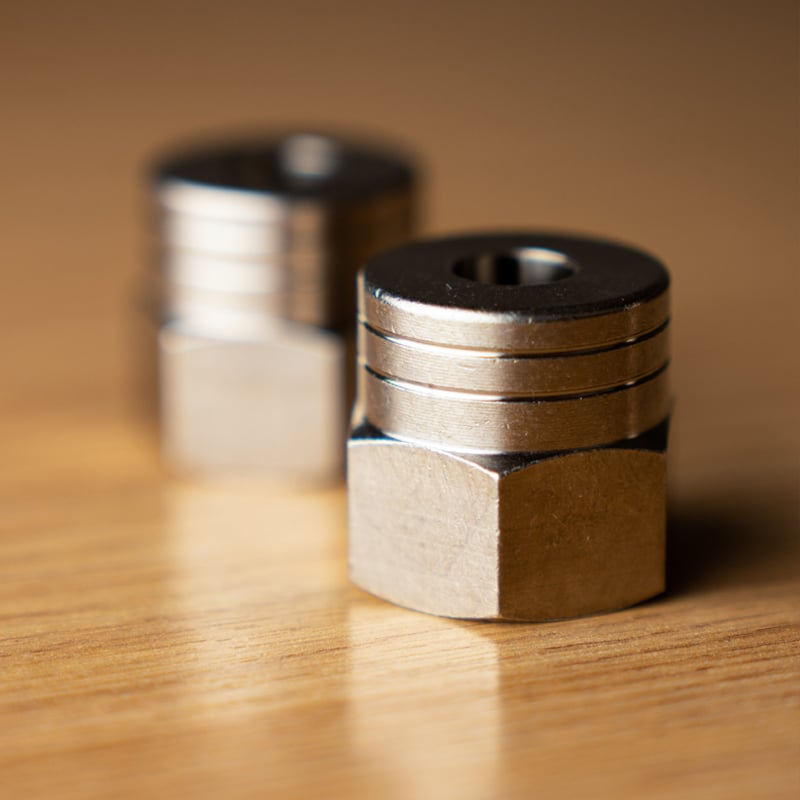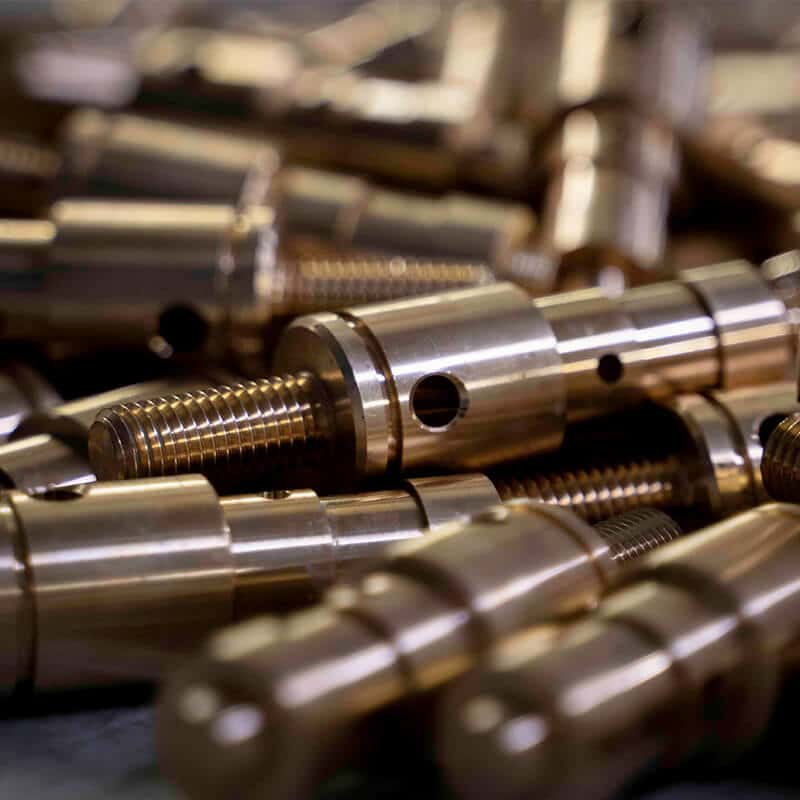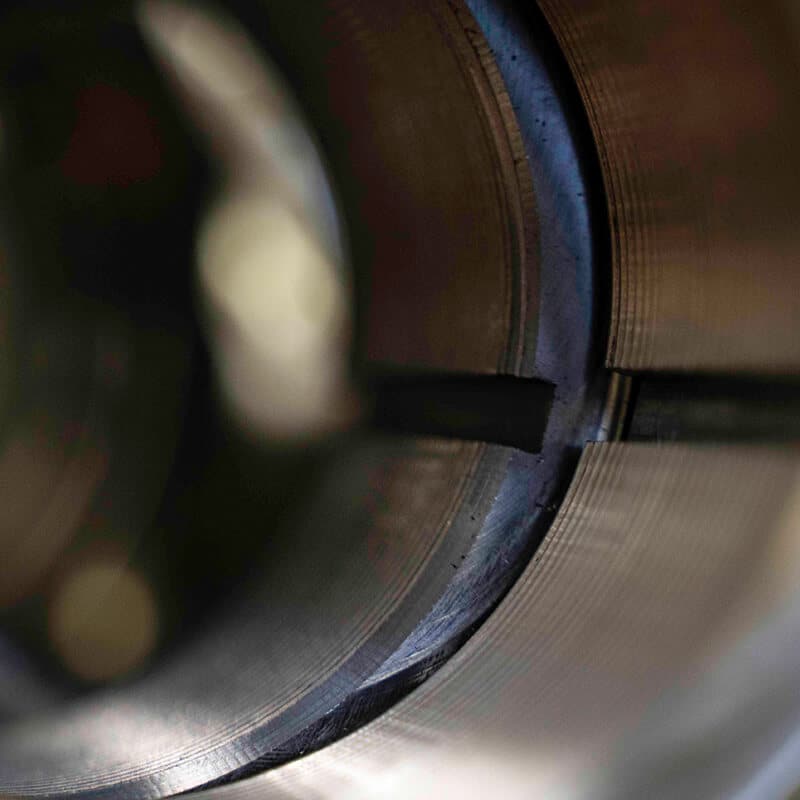
When choosing the right metal for your plating needs, you need to consider the particular qualities each one offers and how important they are to your finished product. A key consideration for many industry sectors is corrosion resistance. Whether you are part of the automotive, petrochemical, medical, power generation or many other sectors, resistance against corrosion is hugely important.
At Karas Plating, we provide a wide variety of plating techniques that offer great protection against oxidisation, but just how durable are these processes, and do they offer any other advantages?
Tin offers a good level of corrosion resistance and is reasonably cost-effective into the bargain.
Like many plating techniques, if the plated surface is compromised, exposing the substrate, the metal beneath will no longer be protected.
Copper in its pure form is completely resistant to corrosion.
While it may develop a green-ish patina on its surface, the metal itself contains insufficient iron to allow it to rust. Since it is softer than other metals it can be worn away by abrasion, so often serves better as a barrier layer, onto which stronger metals can be plated.
Electroless nickel plating (or ENP) is another plating technique that offers great durability and resistance to corrosion.
Its main benefit it its method of application. Since ENP is applied in a uniform layer across the substrate, even complicated components can expect a full coat, with no weak spots.
Gold is an inert metal, offering fantastic corrosion resistance.
Being one of the world’s more precious metals, it can be expensive to utilise it solely for its corrosion-resistant properties, when there are more affordable materials on the market.
Like gold, silver is naturally corrosion-resistant as well as being highly-conductive.
However, as a precious metal, it is not always cost-effective to use silver plating for larger components.
Zinc plating is unique among our other plating techniques in that it continues to provide protection against corrosion, even if the plate surface itself is compromised.
Should a scratch or puncture expose the iron substrate, the zinc will oxidise first, acting as a sacrificial layer, thanks to its lower reduction potential.









